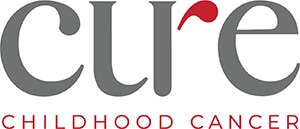How do you best describe a nurse? Many adjectives come to mind: caring, compassionate, sympathetic. But does an experience with sickness help nurses treat patients? Does their care change when they have suffered the very malady they are employed to remedy?
In the halls of many pediatric cancer hospitals, there are nurses who have visited those beds, not only as caregivers, but as patients. CURE sat down with six such nurses to discuss how their cancer experience has impacted their lives and how they treat their patients today.

Bridget Sandy
At the tender age of three, Bridget was diagnosed with leukemia. While she was in treatment, she watched the nurses intently and mimicked their actions on her stuffed animals and dolls when she got home. She knew early on she wanted to be a nurse, and her goal was always to serve on the pediatric oncology floor at Children’s Healthcare of Atlanta where she had been treated.
“I don’t always tell a patient’s family that I’m a survivor,” Bridget said, “But if the timing is right, I will tell a mom or dad about my experience because I saw my parents go through treatment with me.”
Bridget lives for little triumphs with her patients – like sharing a smile or laugh even when they don’t feel good.
Bobby Struble
During his treatment, Bobby saw nurses as the people who held his hand.
“I would freak out if I couldn’t see what the doctor was doing,” he recalled. “And there was a nurse who held a mirror up so that I could watch the doctor give me a spinal tap. That made a big impression.”
Bobby graduated college with an advertising degree and quickly realized that it was not for him. He went right back to nursing school and feels absolutely fulfilled in his choice of careers.
“I have felt the sickness and pain that these kids feel,” he explained. “But I don’t often tell them I’ve been there because in the moment, they mostly need a nurse and not a survivor. After I build a relationship with the family, I sometimes bring it up. I have learned that as a nurse, we treat the parents as well as the children.”


Bobby Struble
During his treatment, Bobby saw nurses as the people who held his hand.
“I would freak out if I couldn’t see what the doctor was doing,” he recalled. “And there was a nurse who held a mirror up so that I could watch the doctor give me a spinal tap. That made a big impression.”
Bobby graduated college with an advertising degree and quickly realized that it was not for him. He went right back to nursing school and feels absolutely fulfilled in his choice of careers.
“I have felt the sickness and pain that these kids feel,” he explained. “But I don’t often tell them I’ve been there because in the moment, they mostly need a nurse and not a survivor. After I build a relationship with the family, I sometimes bring it up. I have learned that as a nurse, we treat the parents as well as the children.”

Amelia Ballard
Amelia always wanted to be a nurse. But the total-body radiation that saved her life threatened to derail her ambition.
“My parents were told I would never be able to read because of the cranial radiation I had received,” she said. “School was difficult, and I had to work harder than other students. But my parents had seen me through treatment, and they became my encouragement.”
Amelia set her sights on pediatric oncology because of the impact of the nursing staff who treated her. She walks the same halls she did as a patient, and one of her favorite nurses is now a co-worker.
“I like to tell people my story because I think my struggles can provide hope,” Amelia said. “I don’t enjoy being the center of attention and got used to keeping it quite for a long time. But since I’ve become a nurse, I try to open up when the time is right.”
Amelia loves to see kids smile, and it thrills her soul when a patient comes in and requests her as a nurse.
James Ludemann
James was a high-risk leukemia patient because he was older when diagnosed. He went through treatment during high school and already knew he wanted to go to medical school. But meeting so many nurses while he was in treatment cinched his choice to become a nurse.
After school, James started in adult oncology. But when he moved to Atlanta three years ago, he started working with children. He now works as a patient and family educator where he helps families navigate important issues such as fertility preservation.
“As I’m working with these families, it would be impossible not to think back on my treatment,” he explained. “But all cancer journeys are different, so I only share my experience if it can be an encouragement to them.”


James Ludemann
James was a high-risk leukemia patient because he was older when diagnosed. He went through treatment during high school and already knew he wanted to go to medical school. But meeting so many nurses while he was in treatment cinched his choice to become a nurse.
After school, James started in adult oncology. But when he moved to Atlanta three years ago, he started working with children. He now works as a patient and family educator where he helps families navigate important issues such as fertility preservation.
“As I’m working with these families, it would be impossible not to think back on my treatment,” he explained. “But all cancer journeys are different, so I only share my experience if it can be an encouragement to them.”

Liliana Haas
While in treatment for leukemia, Liliana had a nurse that made clinic visits fun.
“I was treated in Jacksonville, and my favorite nurse was named Christy,” Liliana recalled. “She took such good care of me and my parents that she became a part of our family.”
In high school, Liliana decided she wanted to become a pediatric oncologist. After starting as a pre-med student, she thought back to Christy’s day to day influence on her treatment. That is when Liliana made the decision to become a nurse. She says her experience helps her relate to the children she treats because she has been there.
“Celebrating the end of chemo is the absolute best,” Liliana said. “That is our goal for every patient. But it is bittersweet too because we’ve built relationship and have to say goodbye to them.”
Andi Reid
Andi’s treatment for a Wilm’s tumor went as well as it could go, even though she celebrated her fifth birthday by having a kidney removed. She had a nurse named Ashley who always volunteered to take care of her, and that left a lasting impression on Andi.
“I came for a check-up when I was a senior in high school,” said Andi. “I was sitting in the waiting room and a nurse walked by. It was Ashley; we recognized each other immediately. She was the reason I wanted to become a nurse.”
But Andi said the decision to go into pediatric oncology was a tough one because she wasn’t sure she wanted to put herself back in that battle every day.
“In the end, the kids are my reason,” Andi explained. “I love the kids and will do anything to see them go home at the end of treatment. That is the most rewarding part of my job.”


Andi Reid
Andi’s treatment for a Wilm’s tumor went as well as it could go, even though she celebrated her fifth birthday by having a kidney removed. She had a nurse named Ashley who always volunteered to take care of her, and that left a lasting impression on Andi.
“I came for a check-up when I was a senior in high school,” said Andi. “I was sitting in the waiting room and a nurse walked by. It was Ashley; we recognized each other immediately. She was the reason I wanted to become a nurse.”
But Andi said the decision to go into pediatric oncology was a tough one because she wasn’t sure she wanted to put herself back in that battle every day.
“In the end, the kids are my reason,” Andi explained. “I love the kids and will do anything to see them go home at the end of treatment. That is the most rewarding part of my job.”
We love all of the pediatric nurses and understand they are the glue that holds treatment together. We noticed a common theme with our nurse survivors: the impact of the nurses who treated them drove their desire to be nurses themselves. Every pediatric oncology nurse has the opportunity to influence their patients while treating them. And some of the most dedicated nurses of tomorrow might just be wearing a hospital gown today.




